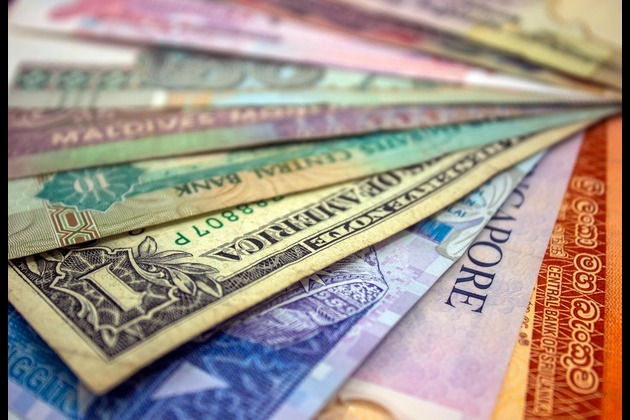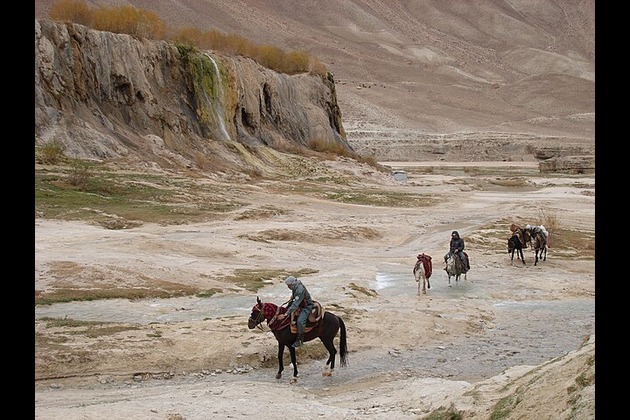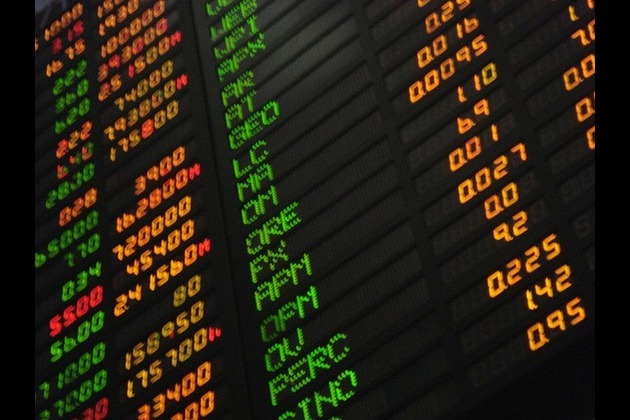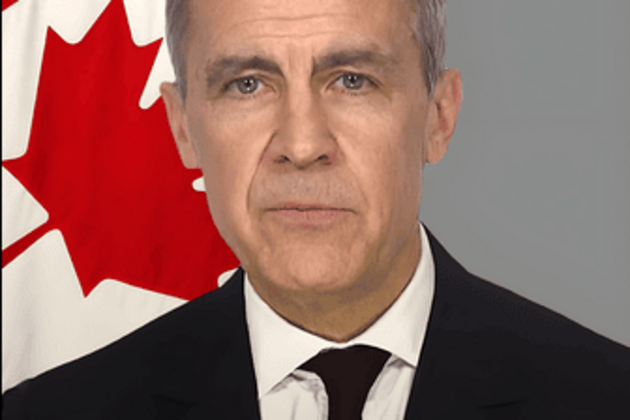Coronavirus the New Scapegoat for Media Censorship, Rights Groups Say
Voice of America
14 Apr 2020, 17:35 GMT+10
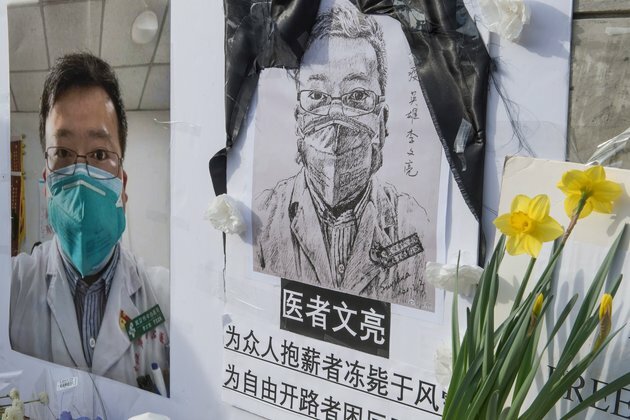
Governments worldwide are using the COVID-19 pandemic to tighten media regulations and silence independent news media, human rights groups and media watchdogs say.
Examples abound, from China's arrest of doctor-turned-whistleblower Li Wenliang, to the arrest of reporters and social media users in Iran, Turkey, and Thailand, to the prospect of fines and jail for publishing "false" news under Hungary's sweeping new emergency laws.
Many leaders have ushered in new laws without setting "sunset clauses" or terms limiting how long the powers will remain in effect. This has led rights groups and international media to warn that authoritarian governments could abuse their newfound powers to crackdown on critics.
Journalists globally are already being obstructed while reporting on COVID-19: South Africa and Iran banned reporters from interviewing "unofficial" sources or medical professionals; the Philippines allows only state media into briefings, with other outlets ordered to submit questions in advance.
In India, Prime Minister Narendra Modi petitioned the Supreme Court to have reporting cleared by the government before publication. The request was denied, but it sent a chilling message to India's press.
VOA is tracking cases of media attacked or harassed for their pandemic coverage via an interactive map.
COVID-19: The Hit on Press Freedom Amid emergency measures and lockdowns globally, journalists are arrested, attacked or blocked from reporting on COVID-19.
"A public crisis like the present provides a prime opportunity for governmental overreach. Authorities play on people's fears to expand their powers well beyond what is genuinely needed for public protection," Ken Roth, executive director of Human Rights Watch, told VOA.
"The coronavirus appears to be the new terrorism, the latest pretext for governments to expand their powers and then, I fear, refuse to relinquish them even when the crisis wanes," he said.
As to precedent, Roth recalled that powers granted after the September 11, 2001, terror attacks, such as drone attacks and increased surveillance, were not fully rolled back, and the Guantanamo Bay detention center remains open.
Groups including the U.S.-based Electronic Frontier Foundation (EFF) have already raised concerns over data collection.
Israel, China, South Korea and countries across Europe have used cell phone data to determine if an individual has come in close proximity to someone with the virus.
While technology has been beneficial in efforts to contain the pandemic, it raises questions about how the data will be later used and shared.
Public policy should "achieve a balance between collective good and civil liberties," EFF senior staff attorney Adam Schwartz told VOA last month. "Bottom line is the government must show that any proposed new spying powers would actually help contain the virus."
Schwartz said the impact on privacy and other rights should be weighed when expanding data collection.
"In the end, any new powers must be necessary and proportionate, and there must be safeguards for any use of big data to contain COVID-19," Schwartz said.
Roth said that by censoring criticism or otherwise suppressing information about the pandemic, countries like Egypt and China are undermining their own efforts to respond to the health crisis.
"Right at the beginning, Wuhan doctors trying to warn of a SARS-like virus were censored rather than heeded," Roth said. "This gave the virus a three-week head start." (In 2003, the SARS virus outbreak in China eventually spread to 29 countries and killed 774 people.)
A study by Southampton University found that if the three-week window had been used to respond to the virus, it would have had 95% less prevalence.
The study used data on human movement and onset of illness to estimate the impact measures such as travel bans, early detection and isolation may have had on the spread of coronavirus.
COVID-19 has given repressive governments worldwide an excuse to suppress critical coverage under the guise of combating misinformation, Joel Simon, head of the Committee to Protect Journalists, told VOA.
"An ideological battle [is] under way between authoritarian governments, who claim that the extraordinary powers they possess are necessary to fight this kind of public health emergency, and democratic countries," Simon said.
He added that democracies should be arguing that more open societies are best equipped to handle a crisis "because the free circulation of information leads to effective decision making and informed citizenry."
If leaders fail to support journalists and the media's ability to help combat the pandemic, "the world is going to look like a very different place when we emerge from this crisis," he said.
The pandemic's effect on independent journalists was discussed last week on a webinar hosted by the Aspen Institute, an international think tank.
"When evidence-based reporting is more critical than ever before, autocrats are exploiting the crisis to consolidate their hold on power. Target number 1: Independent news media," Vivian Schiller, executive director of Aspen Digital, said.
Journalists from India and Uganda spoke at the webinar about the challenges in their countries.
India's Supreme Court "stopped short of saying all journalists are mandated to follow the official line," but the country's press was "following it by default," Raksha Kumar said.
Kumar said journalists were able to access information "outside the official information filters," but Prime Minister Modi and India's health minister have not given news conferences.
She added that only state media and some pro-government outlets were allowed to ask questions at conferences held by a junior health minister.
In Uganda, journalists are recognized as essential workers, but at least one journalist was arrested for coverage, and at least three were attacked while out during curfew hours, Daniel Kalinaki said.
Uganda's media regulator has also issued warnings about comments from guests on TV shows, all of which has "a chilling effect," Kalinaki told the webinar.
The Ugandan journalist added that the economic impact of COVID-19 could permanently affect the media, with print circulation and advertising revenue dropping. "How many media houses will actually survive the economic effects of the pandemic?" he asked.
 Share
Share
 Tweet
Tweet
 Share
Share
 Flip
Flip
 Email
Email
Watch latest videos
Subscribe and Follow
Get a daily dose of North Korea Times news through our daily email, its complimentary and keeps you fully up to date with world and business news as well.
News RELEASES
Publish news of your business, community or sports group, personnel appointments, major event and more by submitting a news release to North Korea Times.
More InformationInternational
SectionVenetians protest Bezos wedding with march through the town
VENICE, Italy: Over the weekend, hundreds of protesters marched through the narrow streets of Venice to voice their opposition to billionaire...
New French law targets smoking near schools, public spaces
PARIS, France: France is taking stronger steps to reduce smoking. A new health rule announced on Saturday will soon ban smoking in...
Trump hints at DOGE investigation of Musk subsidies
WASHINGTON, DC - U.S. President Donald Trump on Tuesday claimed Elon Musk's success has been built on government subsidies. Without...
Native leaders, activists oppose detention site on Florida wetlands
EVERGLADES, Florida: Over the weekend, a diverse coalition of environmental activists, Native American leaders, and residents gathered...
Beijing crowds cheer AI-powered robots over real soccer players
BEIJING, China: China's national soccer team may struggle to stir excitement, but its humanoid robots are drawing cheers — and not...
COVID-19 source still unknown, says WHO panel
]LONDON, U.K.: A World Health Organization (WHO) expert group investigating the origins of the COVID-19 pandemic released its final...
Business
SectionWall Street diverges, but techs advance Wednesday
NEW YORK, New York - U.S. stocks diverged on Wednesday for the second day in a row. The Standard and Poor's 500 hit a new all-time...
Greenback slides amid tax bill fears, trade deal uncertainty
NEW YORK CITY, New York: The U.S. dollar continues to lose ground, weighed down by growing concerns over Washington's fiscal outlook...
Taliban seeks tourism revival despite safety, rights concerns
KABUL, Afghanistan: Afghanistan, long associated with war and instability, is quietly trying to rebrand itself as a destination for...
Nvidia execs sell $1 billion in stock as AI boom drives record prices
SANTA CLARA, California: Executives at Nvidia have quietly been cashing in on the AI frenzy. According to a report by the Financial...
Tech stocks slide, industrials surge on Wall Street
NEW YORK, New York - Global stock indices closed with divergent performances on Tuesday, as investors weighed corporate earnings, central...
Canada-US trade talks resume after Carney rescinds tech tax
TORONTO, Canada: Canadian Prime Minister Mark Carney announced late on June 29 that trade negotiations with the U.S. have recommenced...








